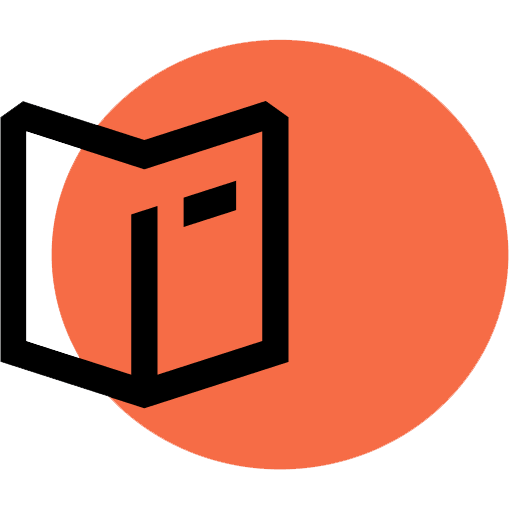20 Latest Australia Visa Interview Questions in 2025
- Published by Max-B.
- October 30, 2025
- 13 min read
Table of Contents
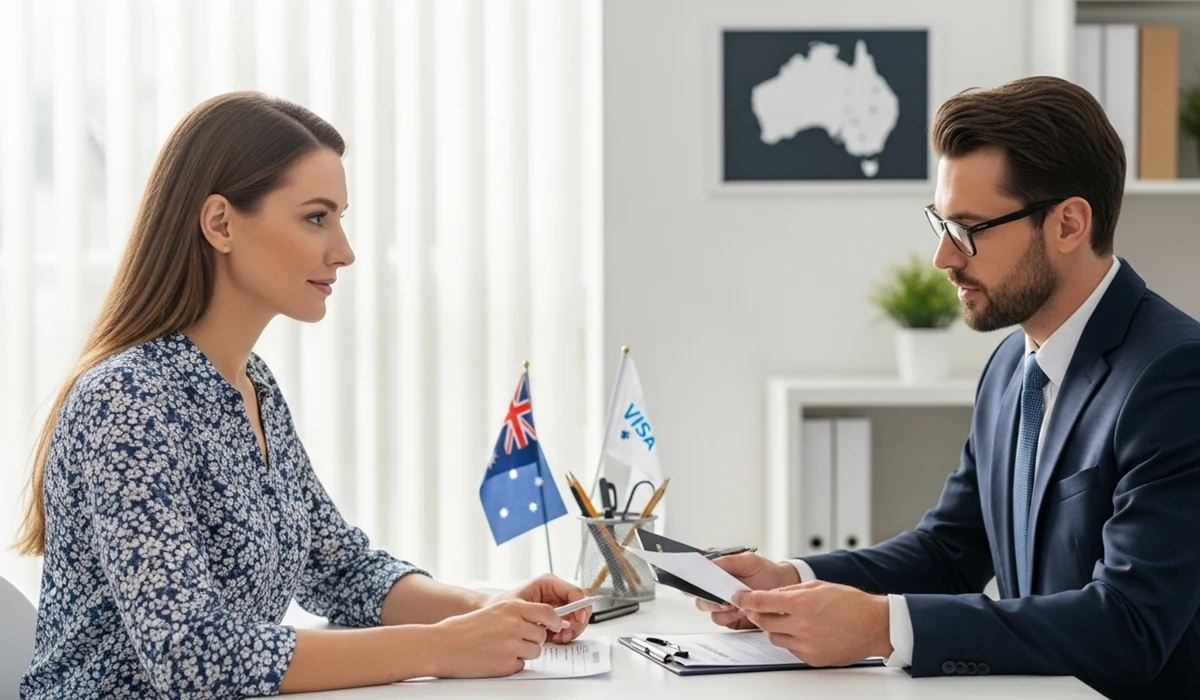
Getting ready for your Australia visa interview is like waiting for an exam you didn’t study for. It can be stressful, confusing, and a bit scary. But don’t worry, at Visa Library, we’ve seen every kind of question, from simple ones like “Why are you going to Australia?” to tricky ones that catch people off guard. In this guide, we’ll walk you through the Australia visa interview questions in 2025 and show you how to handle them with calm confidence.
And if you still feel unsure after reading, Visa Library also offers premium visa consultations, where you can talk to real experts who’ve helped thousands of travelers just like you. Sometimes, a little guidance makes all the difference.
Top 20 Australia Visa Interview Questions & Answers in 2025
Here are the top 20 common Australia visa interview questions and how to and how not to answer them:
What is the Reason for Your Trip to Australia?
The interviewer asks this question to check if your purpose matches the visa type you applied for and if it’s clear and genuine. You should say something like: “I’m going to Australia for two weeks to visit my cousin in Melbourne and then explore Sydney’s landmarks.” You should not respond with something vague like: “Just going to Australia to see what happens” or “Maybe I’ll stay longer if I like it.” That kind of answer makes it look like you don’t have a clear purpose.
How Long Do You Intend to Stay in Australia?
This Australia visa interview question is asked to confirm that your stay is planned and realistic and matches your documents. A strong answer: “I will arrive on 5 August and depart on 19 August, staying 14 nights.” A weak answer would be: “I’m not sure yet, maybe three weeks or a month.” Saying “maybe longer if I like it” makes your stay appear open-ended and risky.
Who Will Pay for Your Trip and Living Expenses in Australia?
Here, the officer wants to see that you can support yourself financially and won’t create problems during your stay. You could say: “I have £4,000 saved and my parents will support any additional costs; here are our bank statements.” You should avoid saying: “I’ll figure it out when I get there” or “I’ll borrow money if I need it.” That sounds unprepared and uncertain.
Do You Have Any Friends or Family in Australia?
They ask this Australia visa interview question to check whether you have local connections and how you’ll be supported while you are there. If you do, you can say: “Yes, my aunt lives in Brisbane and I’ll stay with her for five nights.” If you don’t, it’s okay to say: “No, I don’t,” and then explain how you have arranged accommodation. You should not lie about someone living there, because if it’s found out you’re not telling the truth, it hurts your credibility.
What is Your Job or Study Status in Your Home Country?
The interviewer asks this Australia visa interview question to figure out if you have ties to home that will bring you back. A good answer is: “I’ve worked as a software engineer for four years in Delhi and I own a flat there.” A wrong answer would be: “I’m unemployed and hoping to see what happens in Australia,” or “I’ll find work there.” That suggests you might not return home.
Have You Travelled Abroad Before?
This question helps show whether you understand how visas and travel rules work. Say: “Yes, I visited Singapore in 2023 for a holiday and returned on time.” If you haven’t travelled, you can say: “No, this will be my first trip abroad.” You should not say: “Yes, I went many times and stayed long each time,” if that’s not accurate or if you don’t provide details, it raises doubt.
Why Did You Choose Australia Instead of Somewhere Else?
They’re asking this Australia visa interview question to check whether your decision is thoughtful. A strong answer could be: “I chose Australia because its universities are well-ranked, the course suits my career goal in data analytics, and the experience will add value when I return home.” A weak answer: “Because everyone goes there” or “Because it’s just easier to get in.” That makes it sound like you didn’t think much about your choice.
What are Your Plans in Australia?
They ask that you have made arrangements and that your story is consistent. You could answer: “I will stay in Hotel X in Sydney for four nights, then travel to Canberra and stay with a friend for three nights, and then fly home on 15 September.” You shouldn’t say something like: “I’ll book when I arrive” or “I’ll just find a place after I land” because it suggests you’re not prepared.
What Ties Do You Have back in Your Home Country that Make You Return?
This Australia visa interview question is to check that you’re likely to leave Australia when your visa ends. You might say: “I have my family, a full-time job, and property in my home country; I plan to go back after my trip.” What you must not say: “I don’t have much tying me back home” or “I might stay longer if I like Australia.” That gives a strong signal that you might overstay.
Do You Plan to Work or Study in Australia While You are There?
This is especially important if the visa you applied for doesn’t allow certain kinds of work or study. You should say: “No, I will only visit Australia for tourism and will not take up employment.” If you do plan something allowed under your visa, say it clearly. You must not say: “Yes, I’ll find a job when I’m there” if your visa is for tourism. That kind of answer could lead to refusal.
What is Your Monthly Income?
They ask this Australia visa interview question to make sure your finances are stable and you can afford your stay. You should answer something like: “I earn AUD 5,000 per month and I have been in this job for two years.” You should not say: “I just started and expect to get paid more soon” or “I don’t really know yet how much I’ll earn” because that looks weak.
Have You Been Refused a Visa for Australia or another Country before?
Here, they’re checking your visa history and whether you’ve followed rules in the past. If you were refused, say: “Yes, I was refused in 2019 for country X, but since then I travelled to Y and returned on time.” Don’t lie or say “No” if you were refused. If discovered, it will damage your case.
Read more about Australian work visa types and how to get them.
Do You Plan to Travel to Australia alone or with Someone Else?
They ask this to clarify your travel plan and whether it is clear. You should say: “I will travel with my sister and we will stay in Sydney for seven days.” Avoid saying: “I’m not sure if I’ll go alone or with friends” or “Maybe someone will join me” because that sounds unplanned.
Where Exactly Will You Stay in Australia, and Have You Booked Accommodation?
This Australia visa interview question checks whether you have real arrangements. You should answer: “I have booked Hotel X in Melbourne for three nights, then a rented apartment in Brisbane for four nights.” You should not say: “I haven’t booked anything yet, or I’ll find something after I arrive,” because this raises doubts.
If Visiting Friends or Family, How Long Have You Known Them?
They ask this Australia visa interview question to verify your relationship and the reason for your visit. A good answer: “My cousin has lived in Perth for eight years, we speak monthly, and I visited them in 2023.” A weak answer: “I met them once online, we’re just meeting now for the first time,” without proof, because it may seem less credible.
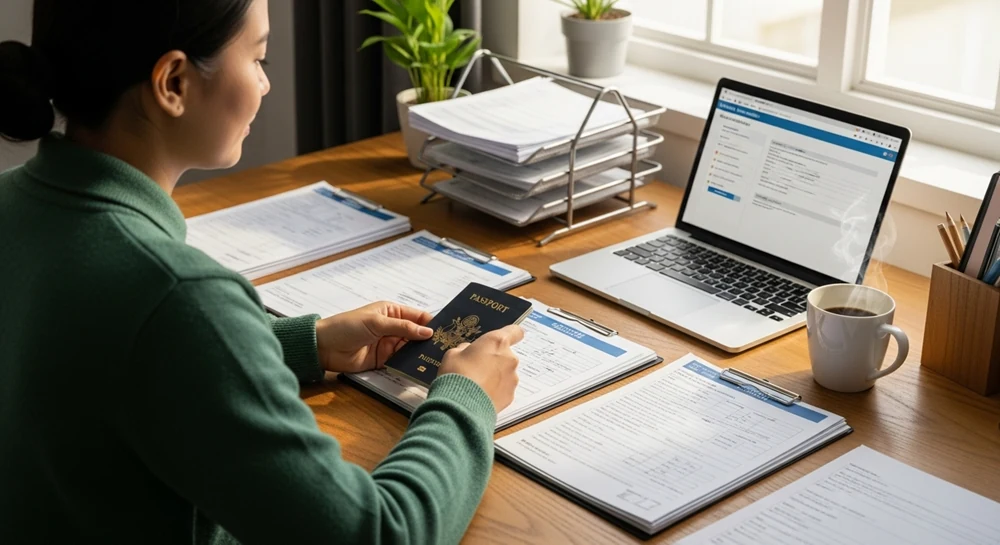
How Much Have You Saved for This Trip, and Can You Show Proof of It?
Here they’re checking if your funds are real. You should say: “I have AUD 6,000 saved and here are my bank statements for the last three months.” You should not say: “I’ll save more later” or “I’ll rely on credit cards when I’m there” because that looks insecure.
Why Haven’t You Traveled Abroad Much Before, or Why have You Travelled Frequently?
They ask this Australia visa interview question to judge your travel behaviour. If you haven’t travelled much, you could say: “This is my first international trip because I started my job just one year ago.” If you’ve travelled a lot, you could say: “I’ve been to Malaysia and Thailand for short holidays, always returned on time and followed rules.” You should not say: “I travel whenever I feel like it” or “I don’t keep track of previous trips” because that seems careless.
What are Your Career or Educational Plans after You Return from Australia?
This is a common Australian student visa question. They ask this Australia visa interview question to see if you intend to go home and not stay illegally. You should answer: “After the visit, I will return to my job as marketing manager and complete my certification next year.” You should not say: “I’ll decide what to do after I return” or “Maybe I’ll look for jobs in Australia” because that raises concern.
What Will You Do If Your Travel Plan in Australia Changes or You Need to Stay Longer?
This checks how you manage uncertainty and whether you commit to your initial plan. You might say: “If something changes, I will come back home and apply again properly rather than overstaying my visa.” Avoid saying: “If I like it there, I might extend my stay” because that suggests you are not following visa rules.
How are Your Family and Home Country Commitments Set up So You Will Definitely Come Back?
They ask this Australia visa interview question to test your ties back home. You should say: “I have a full-time job, a house in my home country, and my parents depend on me, so I will definitely return.” You should not say: “I don’t have many ties to my home country” or “I might stay longer in Australia if I like it” because that makes your intentions unclear.
Tips for a Successful Interview
Let’s see how to prepare for the interview:
- Review your visa application and make sure all details are correct.
- Learn about your trip so you can explain your plans clearly.
- Practice answering common Australia visa interview questions in 2025.
- Arrive early and stay relaxed. Rushing only adds stress.
- Dress neatly in clean, simple clothes that look respectful.
- Prepare proof of finances, job, or studies to show strong ties at home.
- Be calm, polite, and make eye contact with confidence.
- Listen carefully and answer honestly; ask to repeat if needed.
- Keep answers short and natural, not memorized.
- Make sure your answers match your visa application.
- Bring all documents in order and make them easy to find.
- Smile and stay friendly. A calm attitude always helps.
Common Mistakes to Avoid When Answering Questions
- Giving answers that don’t match what you wrote in your visa application.
- Talking too much instead of keeping your answers short and clear.
- Saying “I don’t know” to basic questions like why you’re visiting or how long you’ll stay.
- Sounding memorized instead of natural and confident.
- Forgetting key details like your travel dates or where you’ll stay.
- Avoiding eye contact or sounding unsure about your own plans.
- Giving vague answers like “I’ll decide later” or “I’m not sure yet.”
- Trying to impress the officer with fake or exaggerated stories.
- Mixing up visa types or talking about plans that your visa doesn’t allow.
- Ignoring the question and giving unrelated answers instead.
What Happens After the Interview?
After your interview, your documents and answers are reviewed carefully before a final decision is made. Processing time depends on your visa type and how busy the embassy is. You can track your application online using your reference number or wait for an email update. Sometimes, they might ask for extra documents, so keep an eye on your inbox.
If your visa is approved, you’ll get instructions on how to collect your passport or have it delivered. If it’s refused, read the refusal letter closely to understand why and fix the issues before reapplying. Whatever the result, stay positive. Every interview is a learning step that makes your next application stronger.
Australia Visa Interview Questions in 2025: Let’s Recap
So, now you know what to expect from your Australia visa interview questions in 2025, and hopefully, you feel a little less nervous about it. Remember, the officers aren’t trying to scare you; they just want to see if your story makes sense. Be honest, stay calm, and keep your answers short and clear.
If you ever feel stuck or just want someone to walk you through the process, the Visa Library is here for you. Our premium visa consultation can help you prepare the smart way so you can walk into that interview ready, confident, and maybe even smiling a little.
FAQs
What to do if your visa gets rejected?
Stay calm and read the refusal letter carefully. It explains why your visa was denied. Fix those issues before reapplying, and consider getting help from a Visa Library premium visa consultation to guide you.
How long does it take to get an Australia visa in 2025?
Processing times vary by visa type but usually take from a few days to several weeks. Apply early and keep your documents organized to avoid delays.
Do I need to attend an interview for every Australia visa?
Not always. Some visa types may not require an interview, but if you’re asked to attend, it’s important to prepare carefully and stay confident.
Can I reapply immediately after a visa refusal?
Yes, you can reapply anytime, but it’s better to fix the problems mentioned in your refusal letter first. Make sure your new application clearly explains what changed.
- Author
- Max-B.
- October 30, 2025

Sign Up to Online Course
Related Articles
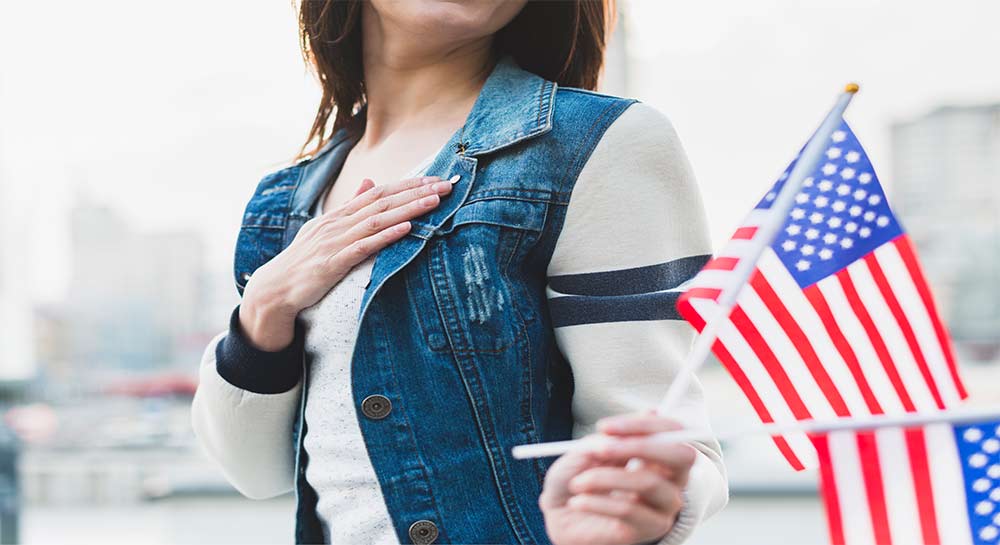
US EB‑5 Investor Visa Interview Questions
The EB‑5 visa interview is a key step in the U.S. immigration process. At this stage, the consular officer checks
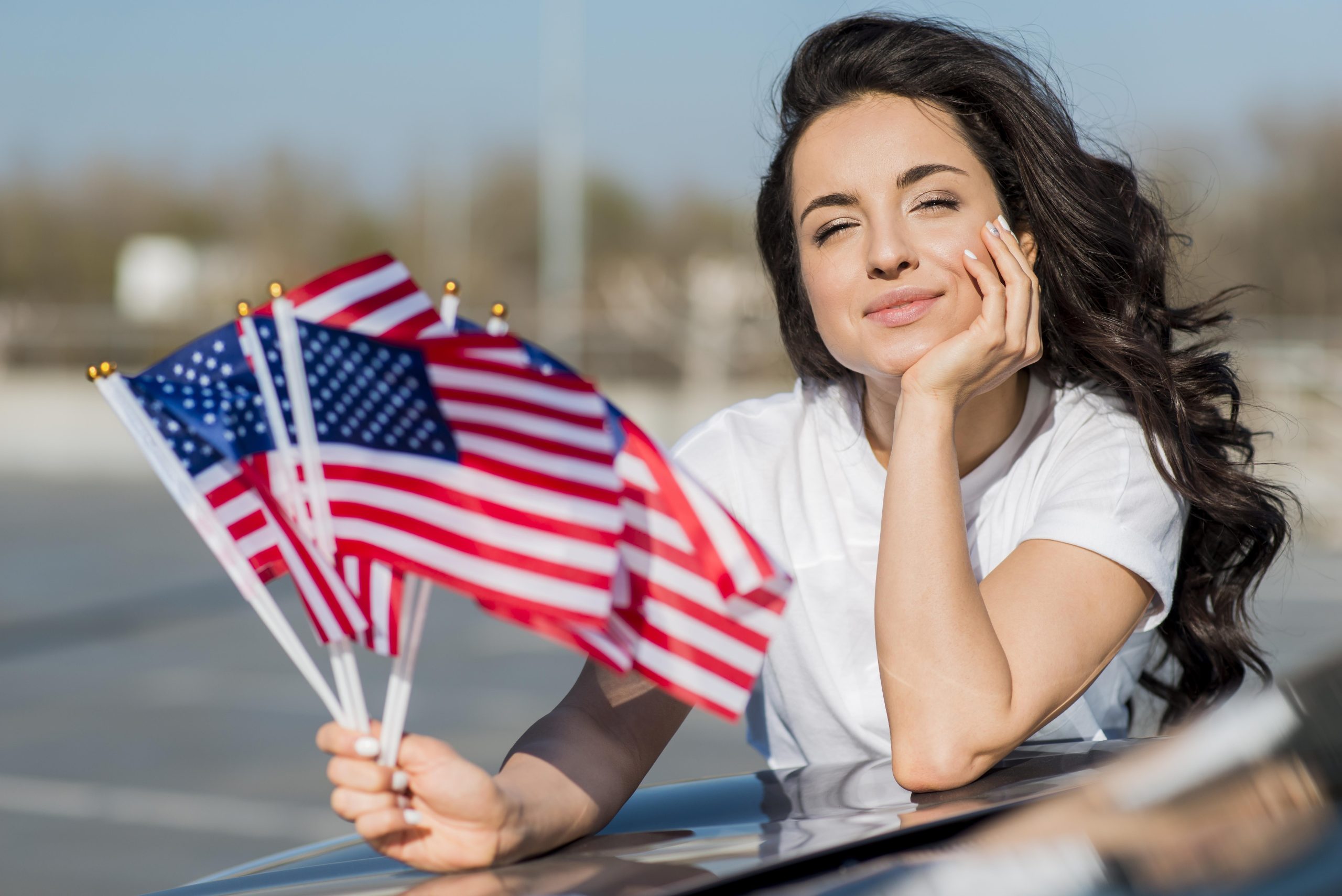
US O‑1 Visa (Extraordinary Ability) Interview Questions
The O‑1 visa lets people with special skills work in the United States. After USCIS approves your petition, the last

German Student Visa Interview Questions
Students must attend a visa interview before they study in Germany. The officer checks if the student is ready for

